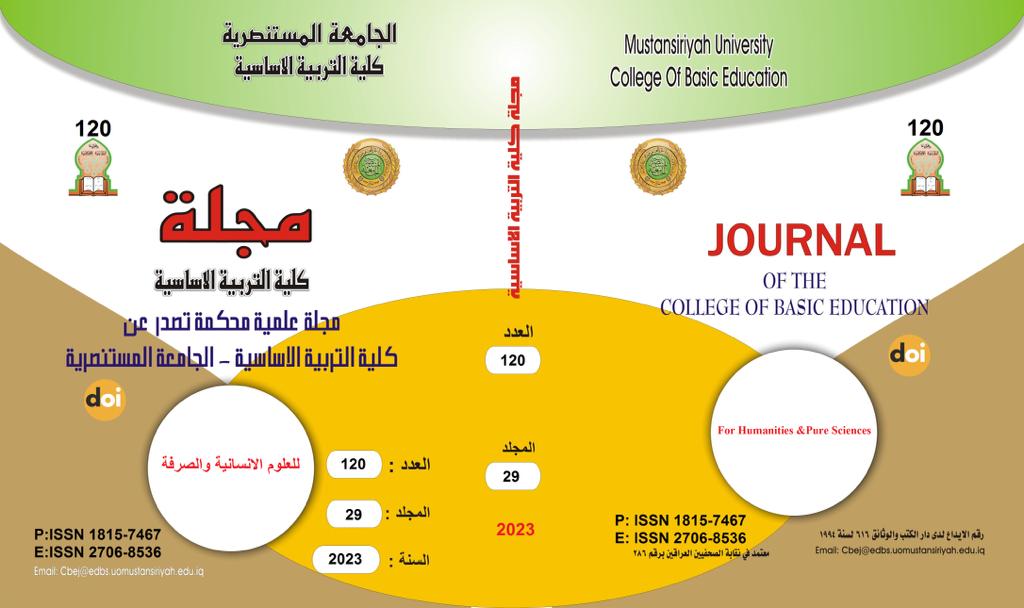The impact of the Bani Hassan tribe In the evolution of the political situation in Iraq 1935-1941
Main Article Content
Abstract
The Bani Hassan tribe emerged as one of the Iraqi Arab tribes that played a key role in many political events in Iraq during the royal era, and had a clear impact on building the modern Iraqi state. The research aimed to reveal the political impact of the Bani Hassan tribe in the period from 1935-1941 AD. The research concluded that there was no desire for the Bani Hassan tribe to participate in partisan life in Iraq, and the Bani Hassan tribe intervened in the political events in Iraq. In the face of the development of the internal political situation in the country, they coordinated their positions with other clans, and their movements were supported by the supreme religious authority in Najaf. They also stood against the policy of the second ministry of Yassin al-Hashemi (1935-1936) and refused to cooperate with it because it neglected the social, political and economic reforms that the clans of the Middle Euphrates were calling for. Including the Bani Hassan tribe. Their participation in the Mays 1941 movement was characterized by its swing and its semi-neutral stance on the movement. Their clans spared the actions of Regent Abd al-Ilah and the Iraqi government after the failure of the movement.
Article Details

This work is licensed under a Creative Commons Attribution-ShareAlike 4.0 International License.
